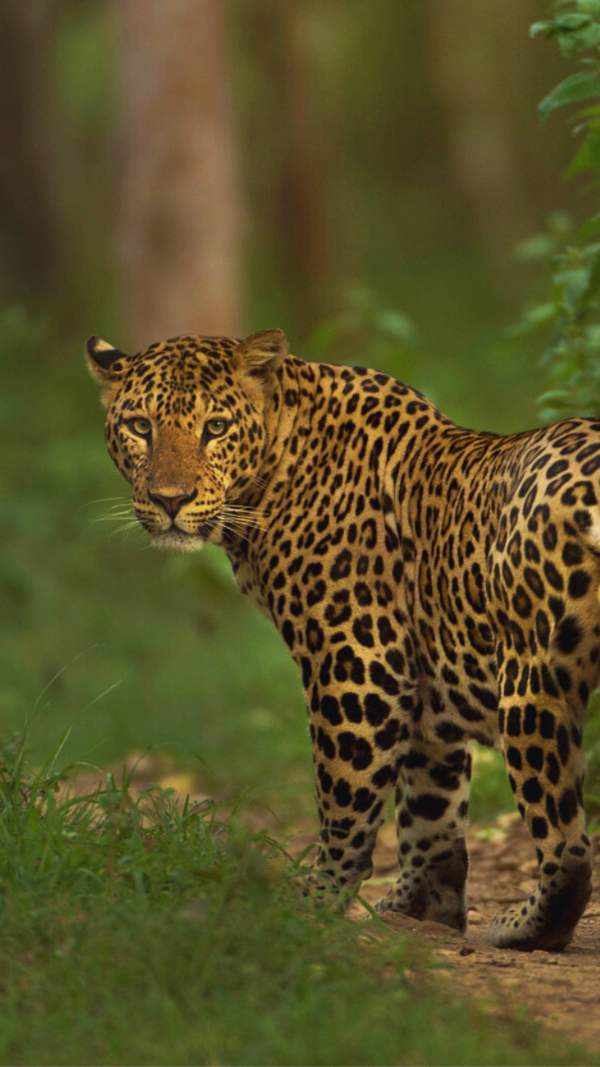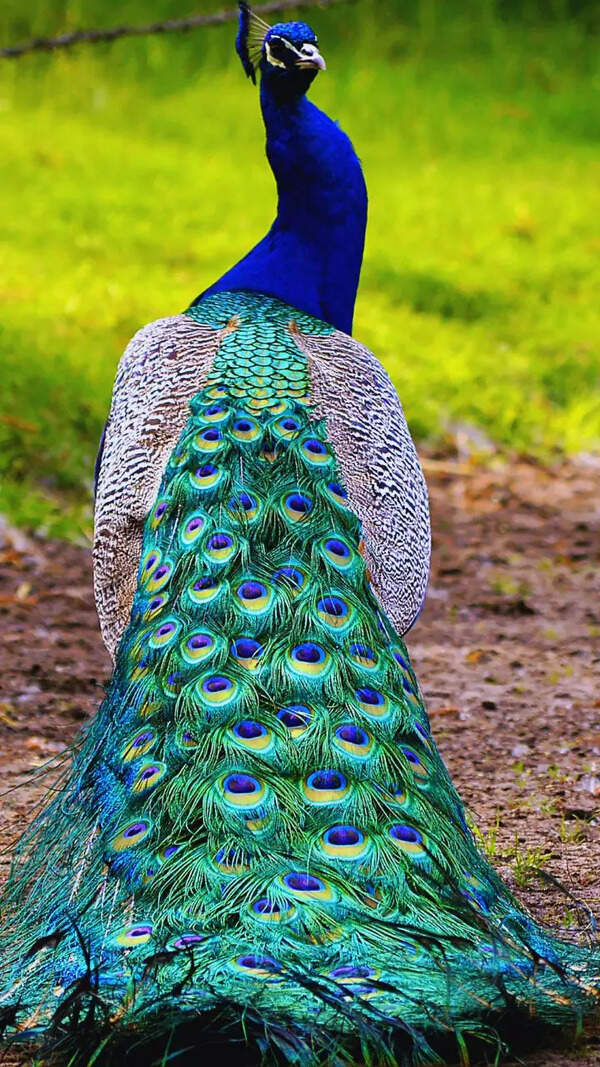10 most poisonous animals in the world

10 most poisonous animals in the world
Some of nature's most colourful animals hide lethal toxins. They often employ their striking colours to warn predators of the threat they present. These toxic wonders illustrate how nature has successfully integrated aesthetics and survival abilities. From minute frogs to gorgeous butterflies, these creatures aren't merely beautiful — they're among the deadliest on the planet.

Phyllobates terribilis, the Golden Poison Dart Frog
This tiny frog, native to Colombia, produces batrachotoxin, a neurotoxin so potent that ten humans could be killed by one frog. It was used by Native American tribes to poison blow darts.

Pitohui dichrous, or hooded
Batrachotoxins are present in the skin and feathers of this bird native to Papua New Guinea. With toxins probably acquired from their insect diet, it is one of the known poisonous birds.

Blue-Ringed Octopus
It is roughly the same size as a golf ball but has enough tetrodotoxin to kill 26 individuals within minutes. Though it is pretty much lethal due to the poison-filled saliva, it is delivered through biting.

Danaus plexippus, or the monarch butterfly.
In its larval phase, the beautiful monarch eats milkweed, which leads to it retaining cardiac glycosides that are toxic to predators. The birds that try to eat it often vomit and develop an aversion towards it.

Fugu, or pufferfish
The pufferfish, a Japanese delicacy, contains lethal amounts of tetrodotoxin, especially in its liver and ovaries. Poor planning can lead to death within hours.

Rhinella marina, or cane toad
This invasive species was introduced to Australia as a pest control agent. Its bufotoxin secreted can kill small predators and induce heart failure or hallucinations in larger animals, including humans.

Taricha granulosa, or rough-skinned newt
It is native to North America, and its skin secretes tetrodotoxin. While death is highly unlikely, humans can be killed by eating a single newt.

Talpa European or European mole
Surprising to know is that this small mammal carries poisonous saliva that immobilizes worms. Not deadly to human beings, yet it proves that even underground animals can be dangerous.

Pleurodeles waltl or Spanish Ribbed Newt
This amphibian poisons predators by forcing them through its skin with its sharp ribs. It is one of the strangest poisonous creatures as a result of its unique defense mechanism.

The giant silkworm moth caterpillar or Lonomia obliqua
When handled, this hairy caterpillar, indigenous to South America, induces massive internal haemorrhage and failure of the kidney. In Brazil alone, its toxic spines have already killed numerous individuals.








